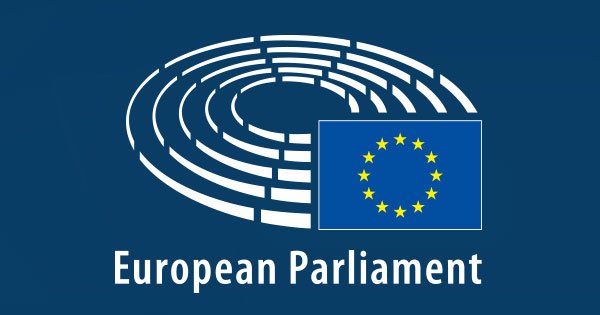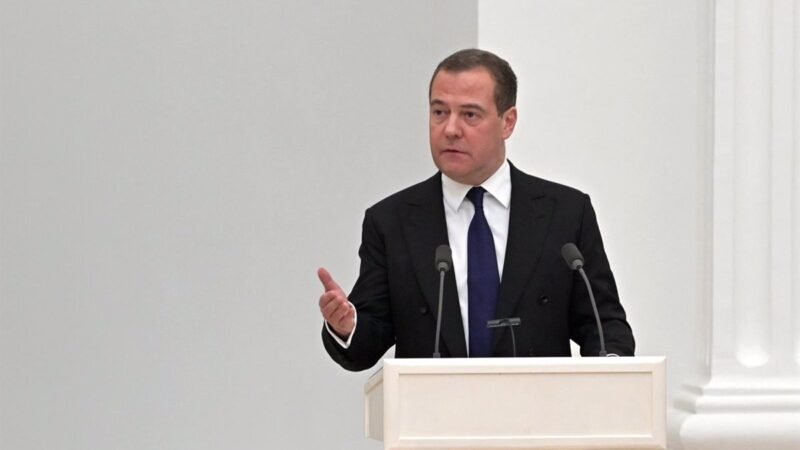El presupuesto de la Comisión Europea se enfoca en nuevas prioridades, como la innovación y la transición ecológica y digital

«Statu quo is not an option,» says the European Commission in a statement laying the groundwork for the upcoming proposal for the next long-term budget (2028-34).
The European Commission is working on a review of the Long-term budget post-2027 to make it more Simple, effective, flexible and focused on policy priorities, according to a new document laying the foundation for the upcoming proposal on the next Multiannual Financial Framework (MFF), scheduled for July.
«The status quo is not an option. Decisions must be made. The EU must maximize the impact of every euro spent.Focus on EU priorities and objectives where EU action is most needed,» the communication in «The path towards The next Multiannual Financial Framework,» published on Wednesday, states.
Current MFF Amounts to 1.2 trillion euros
The current Multiannual Financial Framework (MFF) Amounts to 1.2 trillion euros, representing 1% of the bloc’s GDP (Excluding post-pandemic recovery funds), with most of the funds used for agricultural subsidies and policies to bridge the socio-economic gap between the poorest and richest regions in the EU.
However, this balance may soon change as priorities such as Security and defense increasingly demand resources to maintain the EU’s competitiveness on the global stage.
New priorities: Investing in Strategic sectors
«We need a balance between traditional priorities: agriculture, cohesion, but also new priorities: Research, innovation, digital, green transition,» leading Euronews told «Euronews» Siegfried Mureșan (EPP/Romania). «It is clear that if we want Europe to do more, it cannot do so with a smaller budget,» he added.
The EU executive is now proposing to Redesign the long-term budget of the bloc until 2028-34, creating A plan for each member state and linking investments with reforms akin to the post-pandemic recovery funds.
According to the document, a European competitiveness fund should provide the necessary investment capacity to support Strategic sectors, critical technologies, and projects of common European interest.
Urgent need for New resources
Budget Commissioner Piotr Serafin indicated that the Commission will work on a proposal with «less focused programs» and a more specific EU budget, ambitious in both design and size.
To achieve this, the Commission’s document also emphasized the urgency of working on New resources such as current customs duties or VAT-based contributions collected by the Member States, which are one of the two options available for the EU to fund its common budget, the other being contributions from Member States.
«We believe we need to Strengthen the EU’s revenue base, so we expect colleagues to move forward in creating new European resources,» said the EU’s economic commissioner to the Strasbourg press, Valdis Dombrovskis, who declined to comment on issuing common debts.
The Spanish government proposes doubling the EU budget
Earlier this week, according to an informal document seen by «Euronews,» The Spanish government proposed doubling the EU budget to at least 2% of the bloc’s GDP and allocated 50% of its funds to green transition, a level similar to the investment capacity secured by the EU with post-pandemic recovery funds (approximately 1.7%). Spain also supported the possibility of Issuing common debts to support strategic investments and European public goods, Even in the defense field.
Criticism of harmful debt for the youth
«The position of the Spanish government is irresponsible. The debt incurred for the Next Generation funds has not yet been paid off, and the Spanish government says we have to borrow more,» argued Blackberries, adding that it will be Especially harmful for the youth to pay off the debt in the next decade.
It is estimated that by 2027, some 30,000 million euros per year will be paid by some for the inherited debt from post-pandemic funds, which could account for nearly 20% of the total budget. Commissioner Serafin is expected to present a proposal for the next long-term EU budget in July, when the real political battle will begin with the European Parliament and Member States to Reach a final decision before 2028.
«We need a debate now on how Europe should be in the future, what people’s expectations are, and we believe people are concerned about security, employment, prosperity. Therefore, the budget must address this issue,» said Mureșan.







